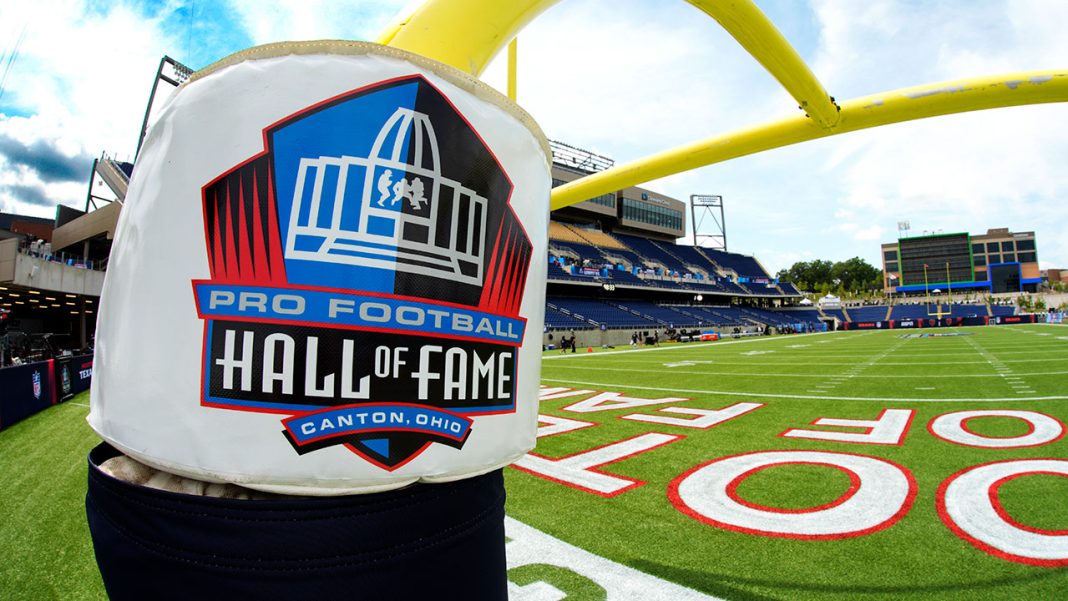After the killing of Michael Brown in Ferguson, Missouri, in 2014, Wesley Bell, who is currently running to unseat Rep. Cori Bush, made some controversial statements regarding the racial divide in Ferguson. Bell, who was serving as a municipal court judge and community college professor at the time, expressed his hope that Brown’s killing would wake up the Black residents of Ferguson and get them more engaged in their community. He also criticized the prosecutors for not sharing Officer Darren Wilson’s side of the story with the public, which he believed was contributing to the distrust in the process.
Bell’s comments about Ferguson were made during an interview on the Nick Taliaferro Show in November 2014. He stated that Ferguson’s racial divide was “less than normal,” although there were still issues that needed to be addressed, such as diversity in the police force and government. Bell emphasized the need for accountability on both sides and urged African Americans to get more involved in the political process.
However, these comments were met with criticism from civil rights lawyer Thomas Harvey, who saw them as indicative of the deep racism in St. Louis. Harvey argued that Ferguson was indeed plagued by unconstitutional practices and racist policing, with Black residents being disproportionately targeted for arrests, police violence, stops, tickets, fines, and jailing. He cited examples of clients who were afraid to travel or seek medical care due to the fear of being arrested and jailed.
Harvey also pointed out that Bell himself was a judge in a town where similar issues were occurring. He believed that Bell’s perspective reflected a belief that as long as there was a kinder, gentler person in the system who could empathize with the population, the racist practices could continue.
Bell’s campaign responded to the criticism, stating that his comments were taken out of context. They argued that Bell was criticizing the then-Prosecuting Attorney McCulloch for not releasing evidence on Wilson, which led to his decision to run against McCulloch and ultimately defeat him.
Despite Bell’s initial promise as the first Black head prosecutor in St. Louis County, he disappointed supporters when he declined to charge Wilson in Brown’s killing after reviewing the case. Civil rights groups have since criticized Bell for not delivering on the reforms he promised and for the steady increase in the jail population under his leadership.
In conclusion, the narrative highlights the controversy surrounding Wesley Bell’s comments about the racial divide in Ferguson. While Bell believed that Ferguson was not as bad as other cities in terms of racism, civil rights advocates argued that the city still faced significant issues of unconstitutional practices and racist policing. The narrative also raises questions about Bell’s ability to bring about meaningful reform, given his track record as a judge in a town where similar issues persisted.


